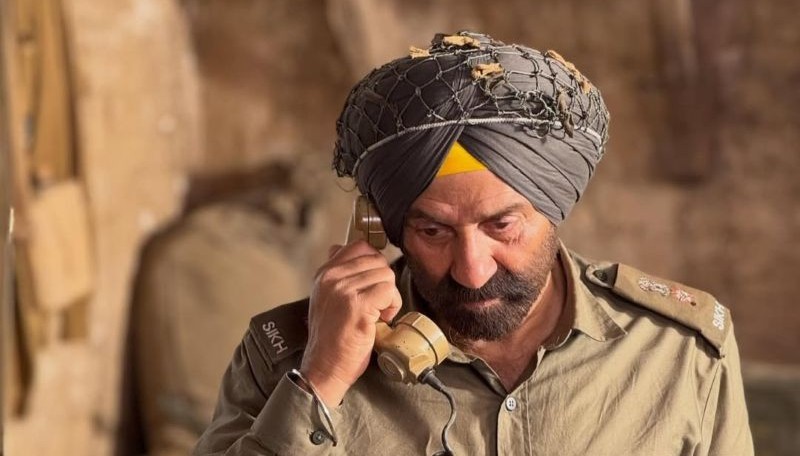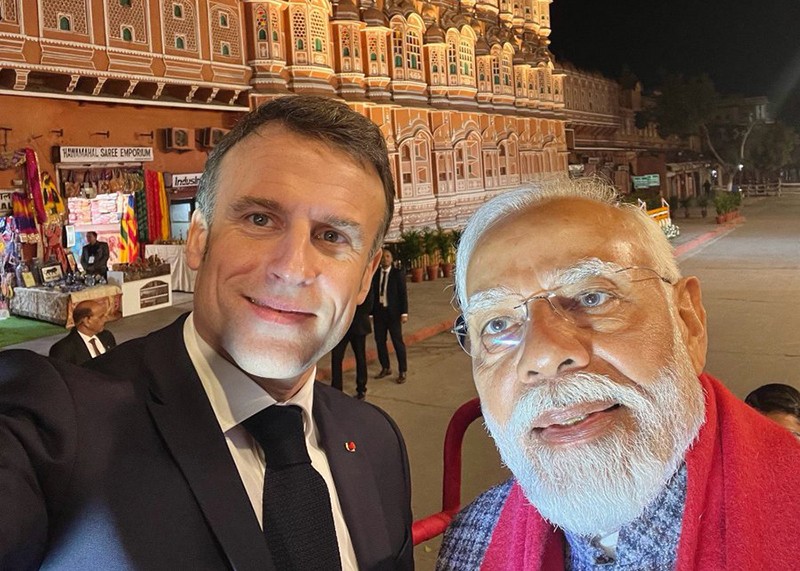The Origin of Campfire
The Origin of Campfire
The Origin of Campfire
By: S. M. M. Musabbir Uddin
The campfire, or bonfire, has been an inseparable part of human social life and culture. It has not only been used for warmth and security but has also played a significant role in storytelling, music, cooking, and strengthening social bonds. The evolution of the campfire from prehistoric times to modern camping traditions is truly fascinating.
Fire and Early Human Civilization
It is believed that Homo erectus first learned to control fire approximately 1.5 million years ago. However, mastering the skill of igniting fire took humans several hundred thousand more years. Once early humans acquired this ability, the concept of the campfire emerged. Initially, it was merely a source of warmth and a means to cook food. However, in hunter-gatherer societies, the campfire also served as a protective measure against nocturnal predators.
Campfire in Indigenous Cultures
Different indigenous communities around the world had unique uses for the campfire. Native Americans in North America would gather around the fire at night to share hunting tales. African tribal communities preserved and passed down their cultural teachings and values through songs and dances performed around the fire.
In ancient Greek and Roman civilizations, campfires were a common sight. Soldiers would sit around them at night, planning their strategies and keeping themselves warm during wartime.
The Middle Ages and Military Campfires
During the Middle Ages, knights and soldiers would assemble around campfires before battles to discuss strategies and boost morale through storytelling. In European armies, this became a common practice. Moreover, explorers and nomadic groups also relied on campfires for cooking and protection during their journeys.
Modern Campfires and Entertainment
Lord Baden-Powell, the founder of the Scouting movement, was influenced by the traditions he observed during the Siege of Mafeking (a town in Africa), where the Boer tribes would gather around the fire after battle to sing and dance. Inspired by this, campfires became an integral part of scouting. Over time, campfires evolved into a tool for strengthening team spirit, storytelling, singing, and fostering a deeper connection with nature in scouting programs.
By the 20th century, as camping became increasingly popular, campfires emerged as a key source of entertainment. Today, families, friends, and travelers gather around campfires during outdoor adventures to enjoy leisure time together.
Environmental Impact and Sustainable Alternatives
Although campfires serve as a beautiful way for humans to connect with nature, they also pose environmental risks. Uncontrolled fires in forests can lead to wildfires, causing significant ecological damage. To address this issue, many modern campers opt for eco-friendly alternatives, such as portable fire pits and sustainable firewood.
Conclusion
A campfire is more than just a source of fire—it symbolizes history, tradition, and human connection. Throughout the ages, it has been an integral part of human life and continues to play a vital role in camping and social gatherings. While its methods and technology may evolve with time, the essence and charm of the campfire will never fade.
Author Name: S. M. M. Musabbir Uddin
BS ID: AU6411
Stage: Training
Designation: Assistant Rover Mate
214th Amra Scout Group, Dhaka, Bangladesh
NEH Report
Senior Staff Reporter at Northeast Herald, covering news from Tripura and Northeast India.
Related Articles

Iran, Where Humanity and Freedom Burn Together
Iran, Where Humanity and Freedom Burn Together

Donald Trump’s Brutal Assault on The Sovereignty of Venezuela
Donald Trump’s Brutal Assault on The Sovereignty of Venezuela

Beyond Resolutions: Reading the New Year
Beyond Resolutions: Reading the New Year

Bangladesh and the Death of Compassion
Bangladesh and the Death of Compassion
Latest News

Mimi Chakraborty humiliated on stage? Actress alleges public defamation at Bongaon event

Border 2 crosses ₹100 crore in just 3 days! Sunny Deol’s epic sequel smashes box office records

‘Dear Indian Friends’: Macron’s Republic Day message to India melts hearts — See the throwback photo

This is what Xi Jinping said to India on Republic Day — And why it matters

